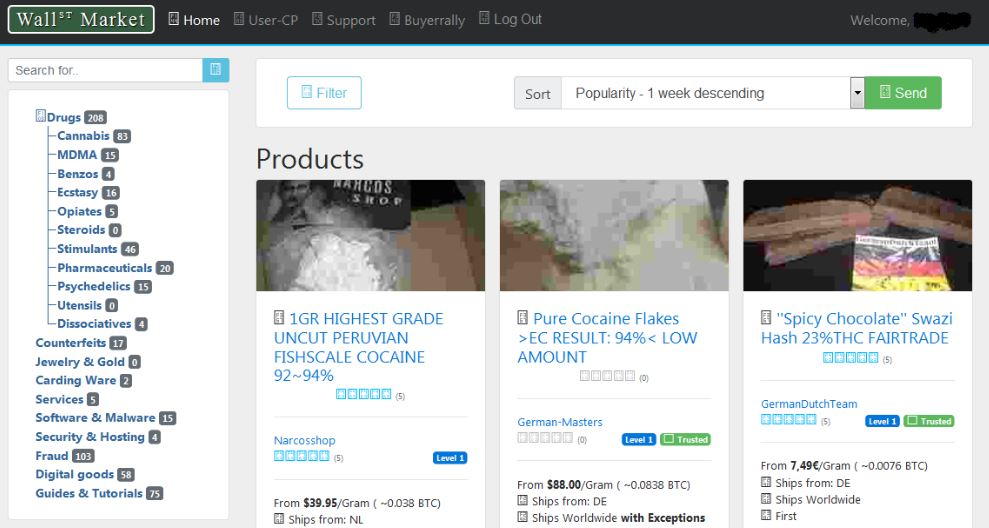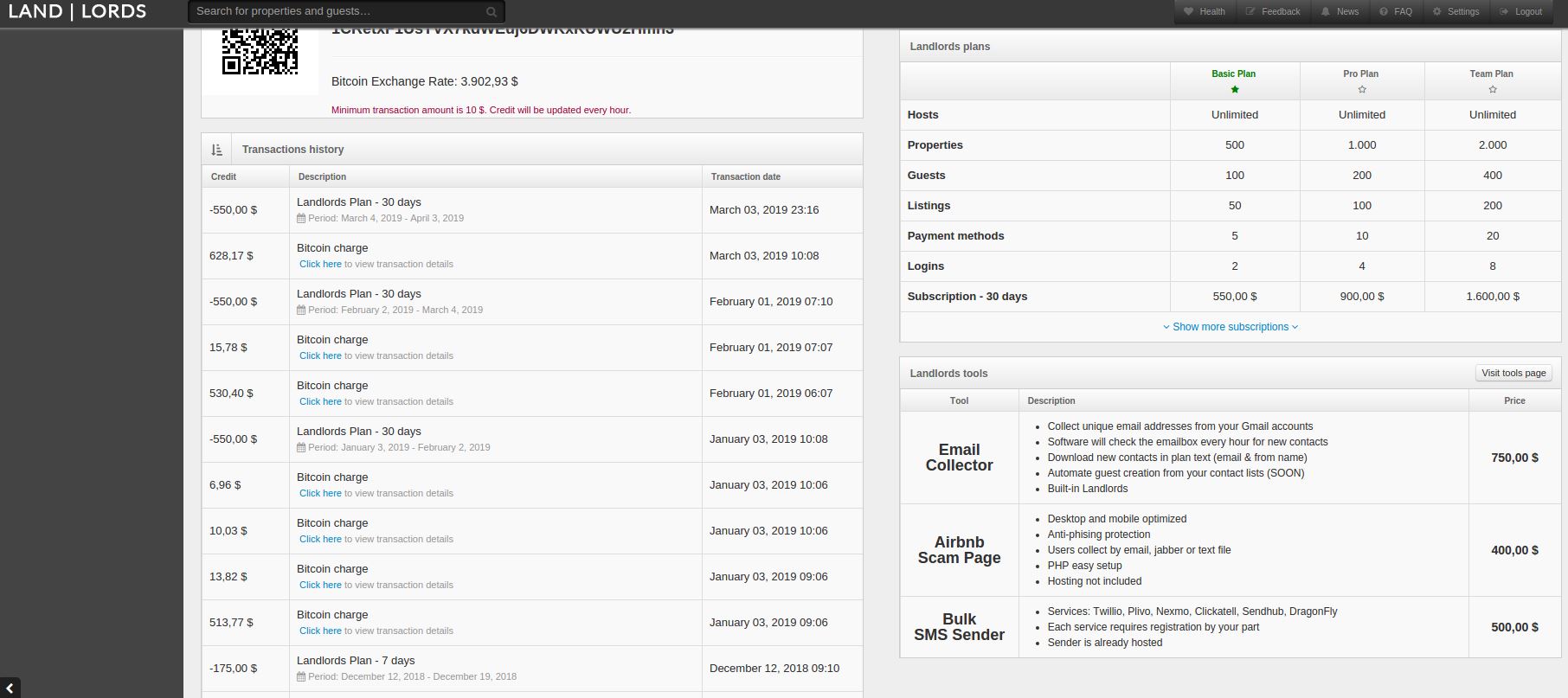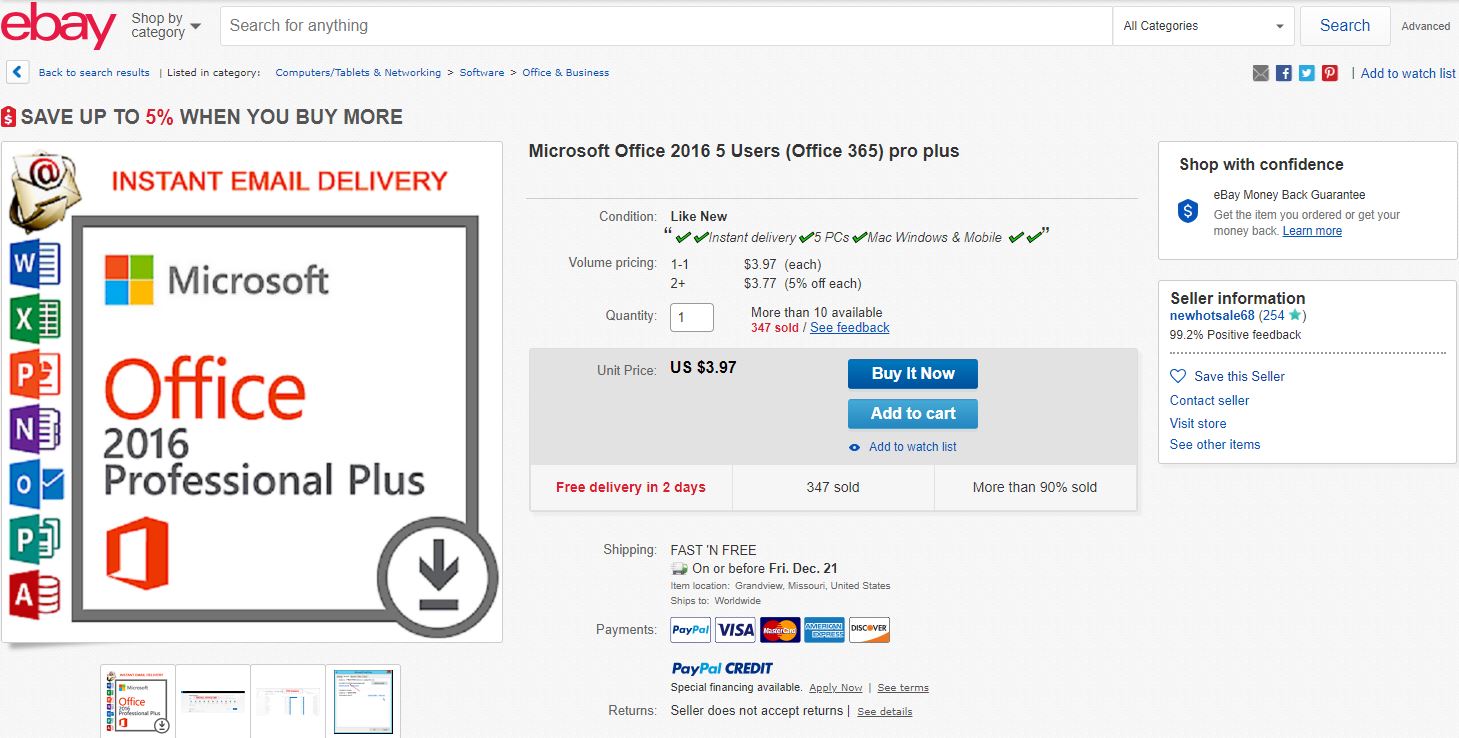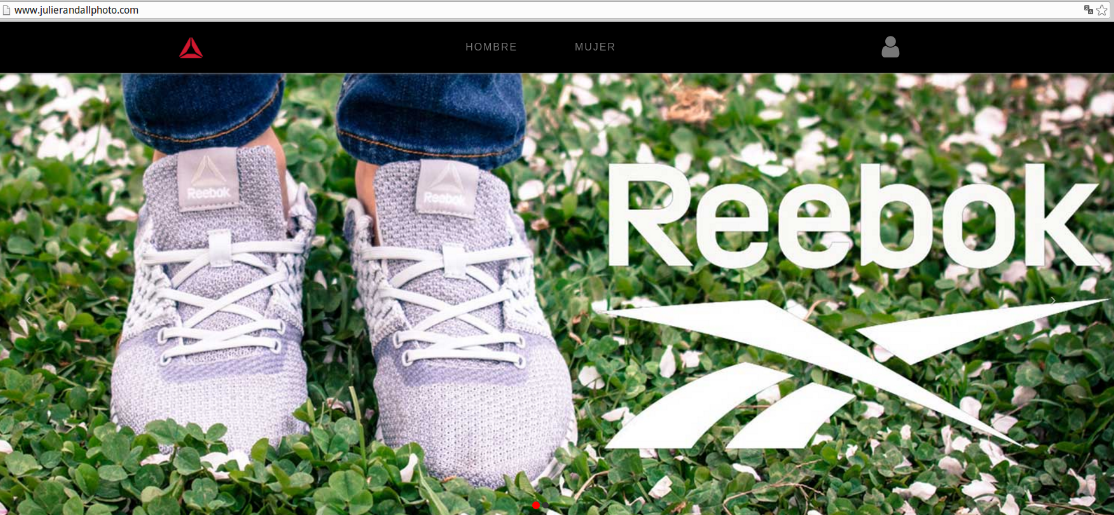Feds Bust Up Dark Web Hub Wall Street Market

Credit to Author: BrianKrebs| Date: Fri, 03 May 2019 16:48:36 +0000
Federal investigators in the United States, Germany and the Netherlands announced today the arrest and charging of three German nationals and a Brazilian man as the alleged masterminds behind the Wall Street Market (WSM), one of the world’s largest dark web bazaars that allowed vendors to sell illegal drugs, counterfeit goods and malware. Now, at least one former WSM administrator is reportedly trying to extort money from WSM vendors and buyers (supposedly including Yours Truly) — in exchange for not publishing details of the transactions.
Read more





